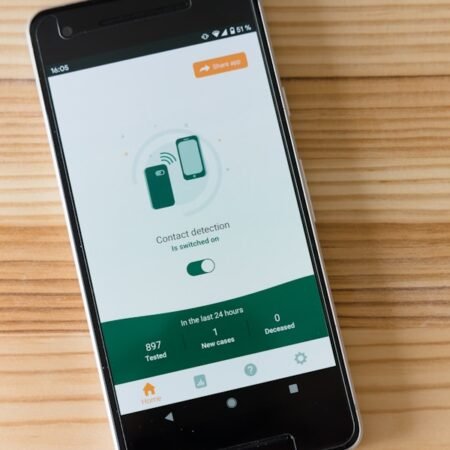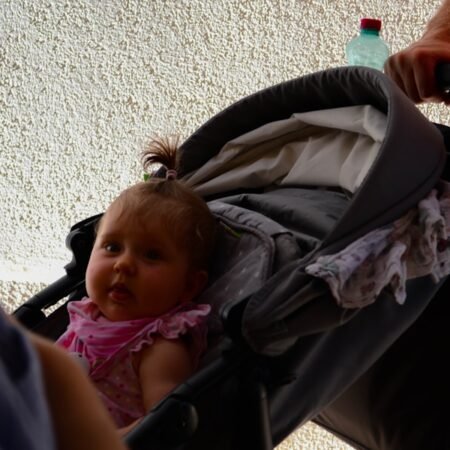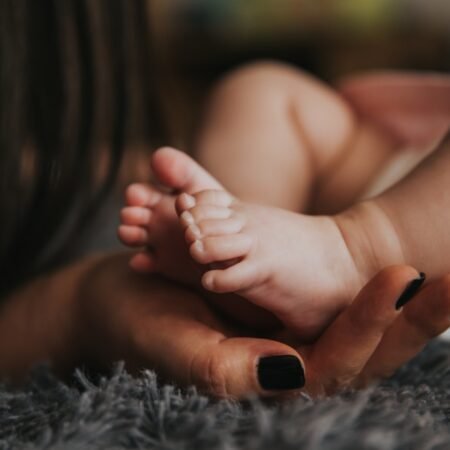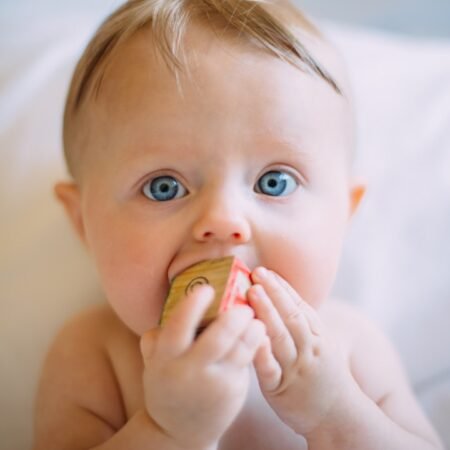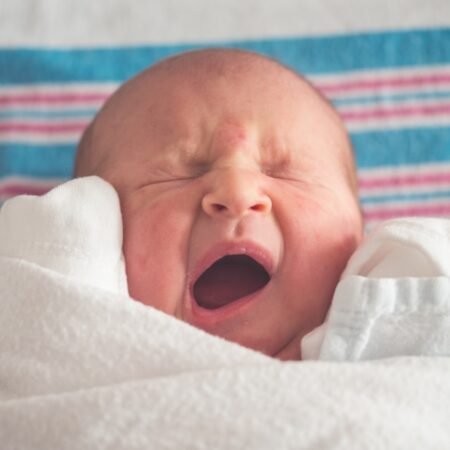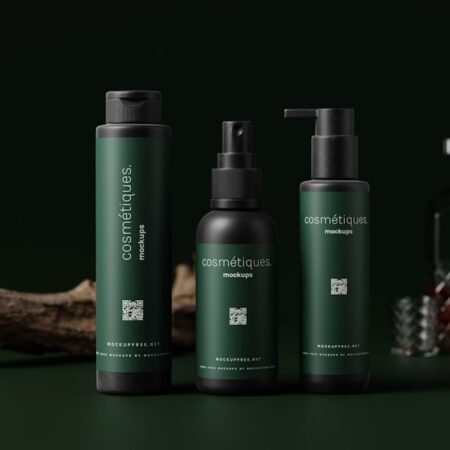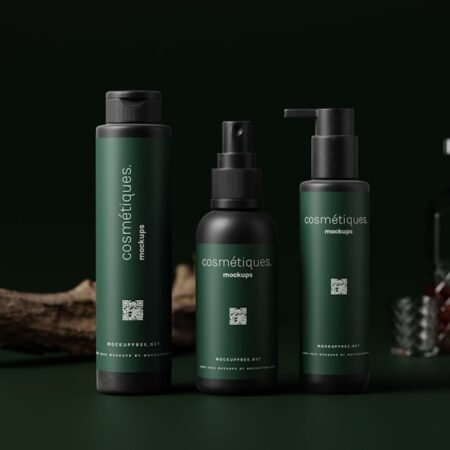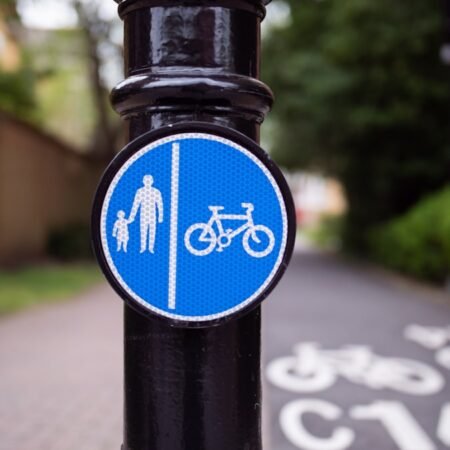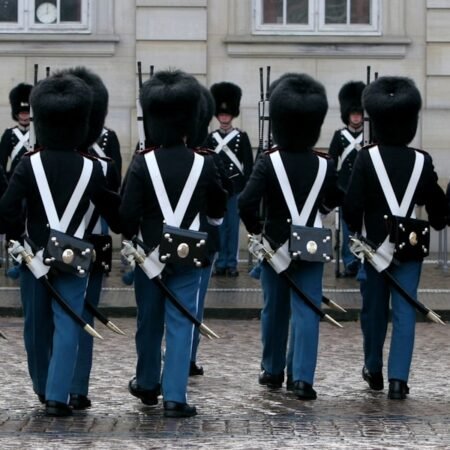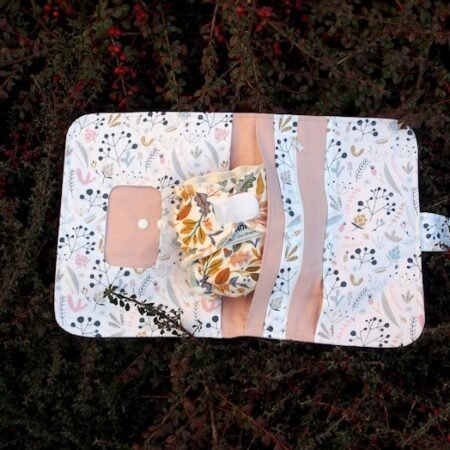Oral hygiene is crucial for babies as it sets the foundation for their dental health in the future. Establishing good oral care habits early on can prevent issues such as tooth decay and gum disease. Even though baby teeth are temporary, they play a significant role in a child’s overall health and development.
Poor oral hygiene in infancy can lead to discomfort, difficulty eating, and potential speech problems. Additionally, it can also impact the development of permanent teeth.
Therefore, it is essential for parents to prioritize oral hygiene for their babies from the very beginning.
Furthermore, maintaining good oral hygiene in infancy can also prevent the transmission of harmful bacteria from parents or caregivers to the baby. This is particularly important as babies explore the world through their mouths, and any bacteria present can easily be transferred and lead to oral health issues. Therefore, establishing a proper oral care routine early on is crucial for the overall well-being of the baby.
Key Takeaways
- Baby finger toothbrushes are a must-have for new parents because they are gentle, easy to use, and promote good oral hygiene from an early age.
- Oral hygiene for babies is important to prevent tooth decay, gum disease, and other oral health issues as they grow.
- Using finger toothbrushes for infants can help massage their gums, remove plaque, and get them used to the sensation of brushing.
- When choosing a finger toothbrush for your baby, consider the size, material, and bristle softness to ensure it is safe and comfortable for them to use.
- Introducing finger toothbrushes to your baby gradually and making it a fun and positive experience can help them develop good oral care habits.
Benefits of Using Finger Toothbrushes for Infants
Finger toothbrushes are an excellent tool for maintaining oral hygiene in infants. They are designed to fit over an adult’s finger and have soft bristles that are gentle on a baby’s sensitive gums and emerging teeth. One of the primary benefits of using finger toothbrushes is that they allow parents to gently clean their baby’s mouth and gums, even before the first tooth emerges.
This helps to remove any milk residue or bacteria that may have accumulated, preventing potential oral health issues. Moreover, finger toothbrushes can also serve as a teething aid, providing relief to babies who may be experiencing discomfort as their teeth start to come in. The massaging action of the soft bristles can soothe sore gums and alleviate some of the discomfort associated with teething.
Additionally, using a finger toothbrush introduces babies to the concept of oral care from an early age, setting the stage for a lifetime of good dental habits. Overall, the use of finger toothbrushes offers a gentle and effective way to promote oral hygiene in infants.
How to Choose the Right Finger Toothbrush for Your Baby
When selecting a finger toothbrush for your baby, it is essential to consider certain factors to ensure that it is safe and effective. Look for a toothbrush with soft, silicone bristles that are gentle on the baby’s gums and teeth. The size of the toothbrush should be appropriate for an adult’s finger, ensuring a secure fit during use.
Additionally, consider the ease of cleaning and sterilizing the toothbrush to maintain proper hygiene. It is also important to choose a finger toothbrush that is BPA-free and made from non-toxic materials to ensure the baby’s safety. Some toothbrushes come with additional features such as textured surfaces or massaging bristles, which can provide added benefits for teething babies.
Ultimately, selecting the right finger toothbrush involves considering the baby’s comfort and safety, as well as the practicality of use for parents. For a great option, check out this Baby Silicone Finger Toothbrush.
Tips for Introducing Finger Toothbrushes to Your Baby
| Age to Start | Frequency | Technique |
|---|---|---|
| 6 months | Twice a day | Gently brush in circular motion |
| 12 months | After meals | Use small amount of toothpaste |
| 18 months | Before bedtime | Let baby practice holding the brush |
Introducing a finger toothbrush to your baby can be a new experience for both the parent and the child. It is essential to approach this introduction with patience and gentleness. Begin by allowing the baby to become familiar with the toothbrush through gentle exploration, allowing them to touch and feel it before attempting to use it for cleaning.
This can help reduce any apprehension or resistance from the baby. When starting to use the finger toothbrush for cleaning, use gentle, circular motions to clean the baby’s gums and emerging teeth. It is important to make this experience positive and comforting for the baby to establish a routine that they will eventually come to accept and even enjoy.
Additionally, incorporating this practice into a daily routine, such as after feeding or before bedtime, can help normalize the process for the baby.
Common Misconceptions About Baby Oral Care

There are several misconceptions surrounding baby oral care that can lead to confusion for new parents. One common misconception is that oral care is not necessary until a baby’s teeth have fully emerged. However, it is important to start oral care early on, even before teeth appear, to maintain good oral hygiene and prevent potential issues.
Another misconception is that using a finger toothbrush may harm the baby’s gums or emerging teeth. In reality, when used correctly with gentle pressure and soft bristles, finger toothbrushes are safe and beneficial for a baby’s oral health. It is important for parents to be aware of these misconceptions and seek accurate information from healthcare professionals to ensure they are providing the best care for their baby’s oral health.
When to Start Using Finger Toothbrushes for Babies
Parents may wonder when it is appropriate to start using finger toothbrushes for their babies. It is recommended to begin cleaning a baby’s gums with a soft, damp cloth or gauze after each feeding, even before teeth emerge. Once the first tooth appears, typically around six months of age, parents can transition to using a finger toothbrush for gentle cleaning.
As more teeth emerge, parents can continue using the finger toothbrush to clean their baby’s mouth and gradually introduce them to the concept of brushing their teeth. Starting early establishes good oral care habits and helps babies become accustomed to the routine of oral hygiene.
Other Oral Care Products for Babies and Their Uses
In addition to finger toothbrushes, there are other oral care products designed specifically for babies that can aid in maintaining their oral hygiene. Baby-sized toothbrushes with soft bristles are suitable for older infants with more teeth.
These toothbrushes often come in fun shapes and colors to make brushing more enjoyable for babies.
Furthermore, fluoride-free toothpaste formulated for infants can be introduced once a child has several teeth. It is important to use only a small amount of toothpaste and supervise brushing to prevent swallowing. Additionally, teething toys and rings made from safe materials can provide relief for teething babies while also promoting healthy oral development.
In conclusion, prioritizing oral hygiene for babies from an early age is essential for their overall health and well-being. Finger toothbrushes offer a gentle and effective way to introduce babies to oral care while providing numerous benefits such as cleaning their gums, soothing teething discomfort, and establishing good dental habits. By choosing the right finger toothbrush, introducing it gently to the baby, and dispelling common misconceptions about baby oral care, parents can ensure that their child’s oral health needs are met from infancy onwards.
FAQs
What are baby finger toothbrushes and why are they important for new parents?
Baby finger toothbrushes are small, soft brushes that fit over an adult’s finger and are used to clean an infant’s gums and teeth. They are important for new parents because they help establish good oral hygiene habits from an early age, prevent tooth decay, and promote healthy gums and teeth in babies.
Why is oral hygiene important for babies?
Oral hygiene is important for babies because it helps prevent tooth decay, gum disease, and other oral health issues. It also sets the foundation for good oral hygiene habits as the child grows older.
What are the benefits of using finger toothbrushes for infants?
Using finger toothbrushes for infants helps to gently clean their gums and emerging teeth, massages their gums, and introduces them to the sensation of having their teeth brushed. It also helps to remove bacteria and food particles from their mouth, reducing the risk of tooth decay and gum disease.
How can parents choose the right finger toothbrush for their baby?
When choosing a finger toothbrush for their baby, parents should look for one that is made of soft, BPA-free silicone, has a small brush head that fits comfortably on their finger, and is easy to clean. It’s also important to choose a size that fits the baby’s mouth comfortably.
What are some tips for introducing finger toothbrushes to babies?
Parents can introduce finger toothbrushes to their babies by making it a fun and positive experience. They can start by gently massaging the baby’s gums with the toothbrush, gradually introducing toothpaste, and making it a part of their daily routine.
What are some common misconceptions about baby oral care?
Some common misconceptions about baby oral care include the belief that baby teeth are not important, that babies don’t need their teeth brushed, and that baby tooth decay is not a serious issue. In reality, baby teeth are important for speech development and proper chewing, and oral hygiene is crucial for their overall health.
When should parents start using finger toothbrushes for their babies?
Parents can start using finger toothbrushes for their babies as soon as their first tooth emerges, which is typically around 6 months of age. It’s important to establish good oral hygiene habits early on to prevent tooth decay and gum disease.
What are some other oral care products for babies and their uses?
Other oral care products for babies include baby toothbrushes, toothpaste specially formulated for infants, and teething toys. Baby toothbrushes are used to gently brush the baby’s teeth, while infant toothpaste is used to clean their teeth and gums. Teething toys help soothe the baby’s gums during the teething process.




























